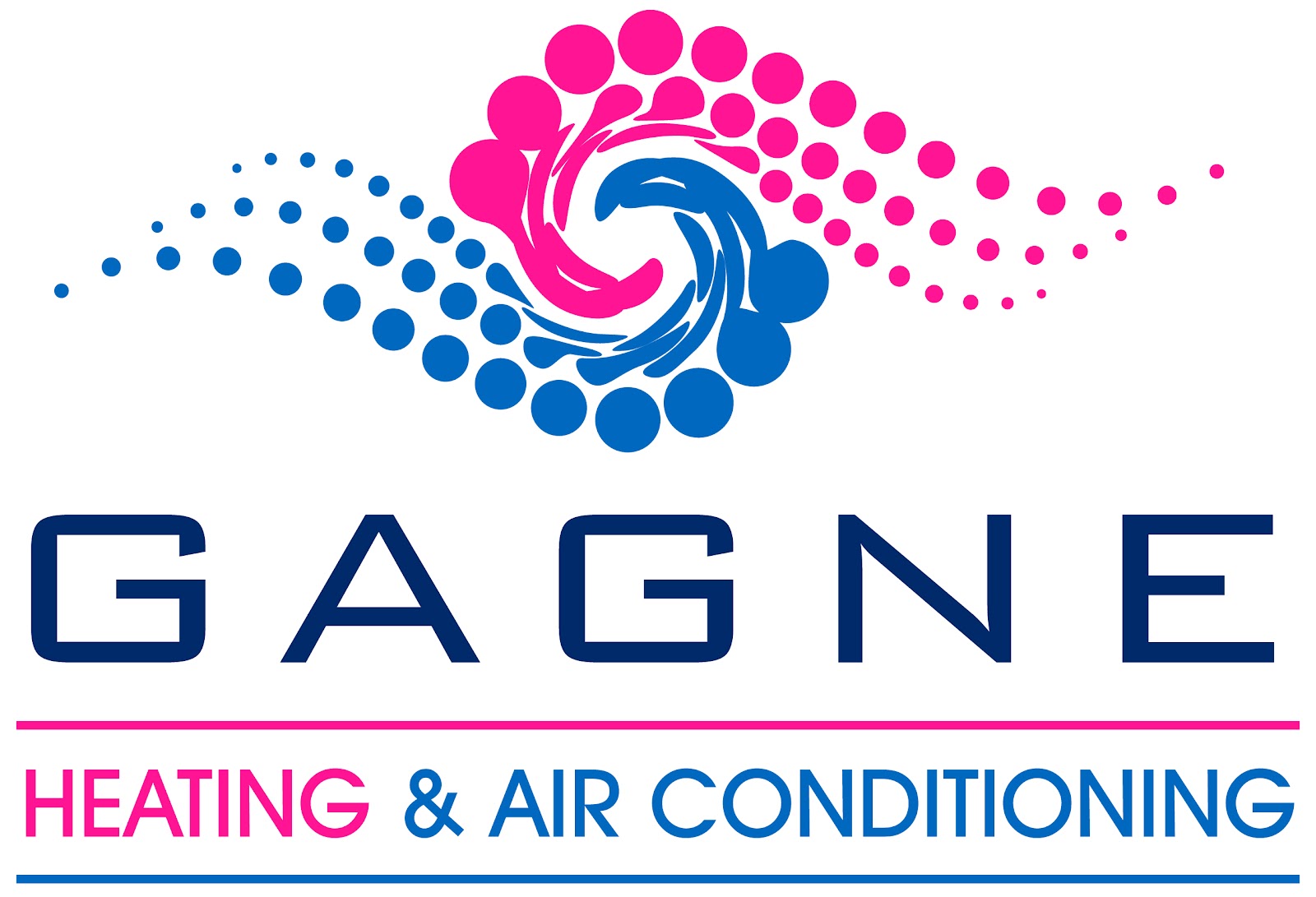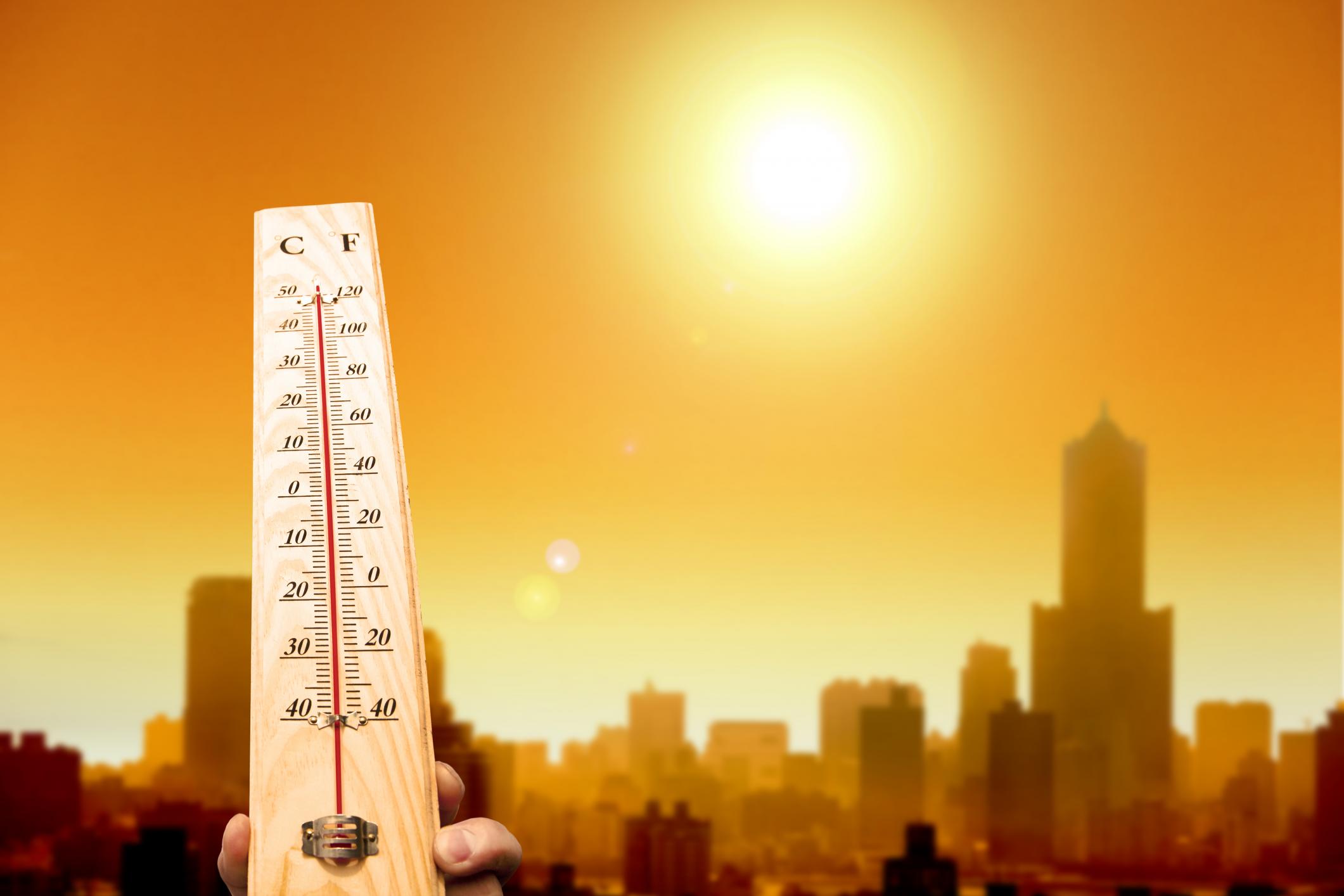Heat – not hurricanes, tornadoes or earthquakes – is the deadliest natural disaster facing America, killing more people than the other top deadly environmental calamities combined. According to a recent study out of Georgia Tech, a large portion of these heat-related deaths occur in cities, which are getting hotter at nearly double the rate of the rest of the planet.
By focusing on three major metropolitan areas – Atlanta, Philadelphia and Phoenix – researchers found that the number of heat-related deaths will likely more than double by 2050 if cities don’t start adopting some basic prevention strategies now.
The Hotlanta Heat Bubble
One problem that seems to be escalating the number of heat-related deaths and injuries is something known as the “urban heat island” effect. This phenomenon is simply the scientific evidence for what many of us who live in big cities already know—metropolitan centers are hotter than the surrounding rural areas.
Metro Atlanta, for instance, is on average 5 to 8 degrees Fahrenheit higher than outlying areas. This temperature increase may not seem all that substantial, but it actually has a drastic effect on the number of heat-related health problems and even the weather.
Scientists now know that Atlanta is one of many large cities that are so big and hot that it makes its own weather—a concrete Amazon jungle. Heat-absorbing roofs, pavement and asphalt parking lots warm up the air like an oven. Then, as this hot air rises, it cools and turns into rain and thunderstorms.
Simple Ways Cities Can Reduce Heat-Related Deaths
In addition to identifying the problem, the study also sought out some basic solutions for making large metropolitan areas cooler and safer, which included:
- Planting more trees
- Expanding and creating more green space
- Decreasing impervious surface areas such as parking lots
- Increasing the reflectivity of roads and rooftops
If implemented, Tech researchers projected that these methods could help cities reduce heat-related deaths by up to two-thirds.
“Many cities already use some of these sustainability efforts but they must be implemented on a greater scale if we are to have a true impact,” said Brian Stone, an associate professor in the School of City and Regional Planning in the College of Architecture at Georgia Tech, which is home to more than 12,000 trees campus-wide.
Living with the Heat
Besides discomfort and risk of heat-related injury, the added heat of living in a city also increases the need for air conditioning, which in turn contributes to air quality problems and higher energy costs for residents.
By updating an outdated air conditioning system with an energy efficient SEER-rated model, homeowners and businesses can cut down on their cooling-related expenses while simultaneously helping to keep their city a cleaner and healthier place.
For more information about the cost-savings and other benefits of installing an energy efficient air conditioning system in your metro-Atlanta home or business, talk to the friendly HVAC experts at Gagne A/C today.

